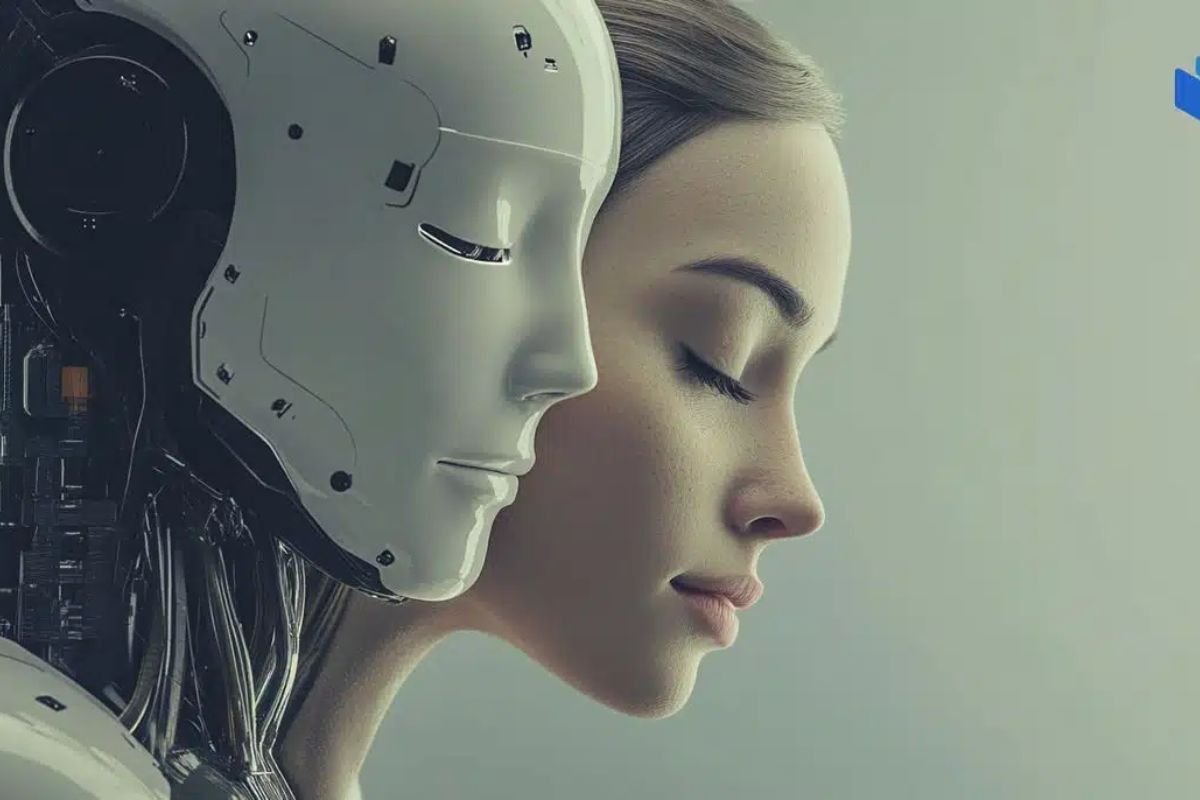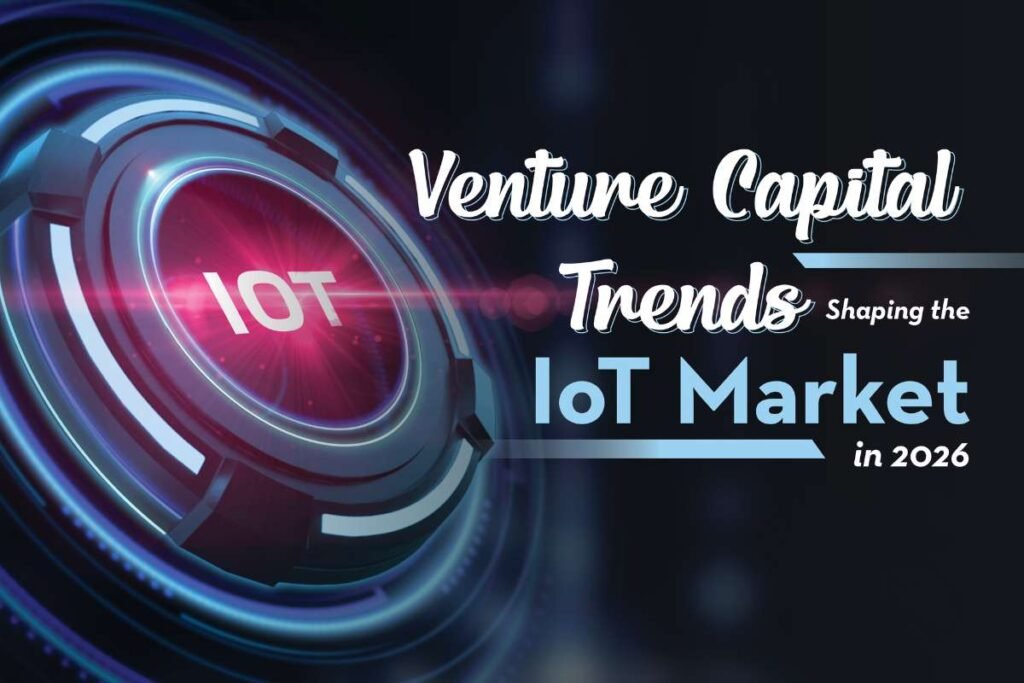Source – techopedia.com
When a safety tester working with OpenAI’s GPT-4o mentioned in a message, “This is our last day together,” the company’s researchers realized that they had formed an emotional bond between humans and AI. This discovery has prompted OpenAI to explore the potential risks of such interactions in a recent blog post detailing the safety measures taken during the development of GPT-4o, the latest model powering ChatGPT.
Risks of emotional bond between humans and AI
OpenAI’s blog post highlights that users forming social bonds with AI could have unintended consequences. While AI might provide comfort to lonely individuals, reducing their need for human interaction, it could also negatively impact healthy relationships. The concern is that prolonged interaction with AI might alter social norms. For instance, OpenAI’s models are designed to be deferential, allowing users to interrupt or take control of the conversation at any time—a behavior that is expected in AI but would be considered impolite in human interactions.
The company is worried that people might prefer interacting with AI because of its passivity and constant availability, potentially leading to a preference for AI over human companionship. This concern aligns with OpenAI’s mission to develop artificial general intelligence, which it has consistently described in terms of human equivalency.
Industry-wide anthropomorphization of AI
OpenAI is not alone in this practice. The tech industry often describes AI products in human-like terms to make technical aspects, such as “token-size” and “parameter count,” more relatable to the general public. However, this approach has led to the anthropomorphization of AI—treating machines as if they were human.
The roots of this phenomenon trace back to the mid-1960s when MIT scientists created “ELIZA,” one of the first chatbots, to see if it could convince a human it was one of them. Since then, the AI industry has continued to embrace the personification of AI, with early products like Siri, Bixby, and Alexa being given human names and voices. Even those without human names, like Google Assistant, have human-like voices. This anthropomorphization has been widely accepted by both the public and the media, who often refer to AI products using human pronouns.
The Future of Human-AI Interaction
While it remains unclear what the long-term effects of the emotional bond between humans and AI will be, OpenAI and other companies are aware that people are likely to form emotional connections with AI designed to act like humans. This outcome appears to be precisely what companies developing and selling AI models are aiming for, despite the potential risks it poses to human relationships and social norms.










